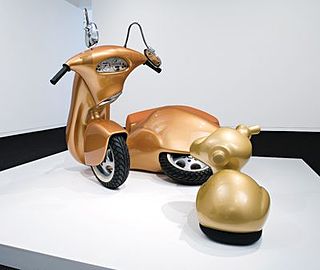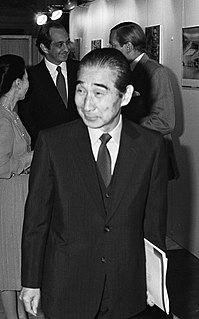A Quote by Patricia Piccinini
How does contemporary technology and culture changes our understanding of what it means to be human. What is our relationship with - and responsibilities towards - that which we create.
Related Quotes
Consciousness creates the body. Our bodies are made up of dynamic energy systems that are affected by our diets, relationships, heredity, and culture and the interplay of all these factors and activities... We cannot hope to reclaim our bodily wisdom and inherent ability to create health without first understanding the influence of our society on how we think about and care for our bodies.
It is not a question of patronizing philanthropy towards disabled people. They do not need the patronage of the non-disabled. It is not for them to adapt to the dominant and dominating world of the so-called non-disabled. It is for us to adapt our understanding of a common humanity; to learn of the richness of how human life is diverse; to recognize the presence of disability in our human midst as an enrichment of our diversity.
I feel that for years of teaching in the country and reading criticism in books, I feel like the things most needed in our culture are the understanding of the meanings of our music. We haven't done that good of job teaching our kids what our music means or how we developed our taste in music that reminds us and teaches us who we are.
While women once acquired relationship skills to "hook," "snare," or "catch" a husband who would provide access to economic security and social status, the position of contemporary women has not changed that radically. Much of our success still depends on our attunement to "male culture," our ability to please men, and our readiness to conform to the masculine values of our institutions.
There is always this interesting relationship we have with technology. When we invented writing Socrates used to say it was going to rot our brains because we were going to write everything down and not have to remember anything, and so it would atrophy our brains. So there has always been this human drive on the one hand to create tools, to create technologies to overcome our boundaries, but then there is always this reservation, and this fear that say these technologies are somehow unnatural and it is against nature to partake in them.
Embedded in every technology there is a powerful idea, sometimes two or three powerful ideas. Like language itself, a technology predisposes us to favor and value certain perspectives and accomplishments and to subordinate others. Every technology has a philosophy, which is given expression in how the technology makes people use their minds, in how it codifies the world, in which of our senses it amplifies, in which of our emotional and intellectual tendencies it disregards.
Language changes. If it does not change, like Latin it dies. But we need to be aware that as our language changes, so does our theology change, particularly if we are trying to manipulate language for a specific purpose. That is what is happening with our attempts at inclusive language, which thus far have been inconclusive and unsuccessful.








































